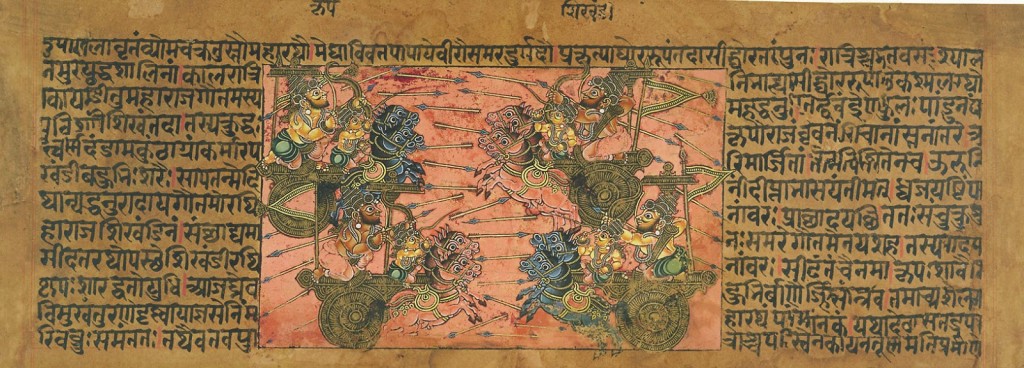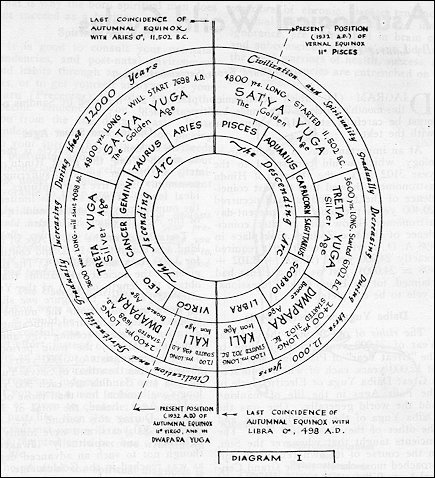The theory of relativity was published by Albert Einstein in 1905. The simple and basic definition of relativity goes like this:
Time is relative to the observer and speed of time depends on the frame of reference of the observer and the force of gravitation on different planes.
That means time becomes slower as the force of gravitation reduces on a body. As proved by scientists, if we start going far and far from earth, time will become slower for us. For example, imagine we are in future and we have developed a technology by which we can travel hundreds of light-years in some minutes, now there are 2 humans namely ‘X’, his age is 25 and ‘Y’, his age is also 25. One day ‘X’ decided to go on a tour of outer-space and visit a few hundreds of light-years and come back(that would take him some weeks maybe!!) and ‘Y’ decides to stay at home and chill. When ‘X’ returned from his journey he was of the same age when he went on the tour i.e. 25 years but when ‘Y’ comes to pick him up at space station ‘X’ notices that ‘Y’ has become 80 years old. ‘X’ goes to his scientist friend and ask how did this happen?? His friend explains him that “Time is relative on the frame of reference of the observer and the force of gravity so as he went far and far from earth, his frame of reference and force of gravity on him changed and time became slower for him, while for ‘Y’, it remained the same and he became old!!” This is an simple example of Theory of Relativity.
So where does the concept of relativity and time-travel appear in our ancient Vedas??

When I read the Bhagavad-Gita and reflect about how God created this universe everything else seems so superfluous
Albert Einstein
Quantum theory will not look ridiculous to people who have read Vedanta.
Heisenberg
One of the very first time travel stories recorded in history appears in the Hindu epic, Mahabharata, speculated to be written as early as 400BC. The story follows a king, his daughter, and their search for a perfect suitor. Revati was the only daughter of King Kakudmi, a powerful monarch who ruled Kusasthali, a prosperous and advanced kingdom under the sea. Thinking no one could prove to be good enough to marry his beautiful daughter, Kakudmi took Revati with him to Brahmaloka, the home of Brahma, to ask the god’s advice about finding a suitable husband for her. Brahma was listening to a musical performance when they arrived, and so they waited patiently until the performance was finished. Finally, King Kakudmi humbly bowed and made his request:
“O Brahm! To whom shall I betroth this daughter? I have come to you to ask on this point I have searched for many princes and seen also a good many of them and none of them is to my liking and so my mind is not at rest.”
Brahma laughed at the foolishness of the King.
“O King! The princes that you thought would become the bridegroom of your daughter, all died; their sons and grandsons and their friends even have all passed away.”
ime, Brahma goes on to explain, runs differently on different planes of existence. During the time they had waited in Brahmaloka to see him, 27 chatur-yugas, had passed on Earth. Everything that Kakudmi had and owned, his friends and family, his sons and wife, his armies and treasures, had vanished with the time that had passed. The King and his daughter were overcome with astonishment and grief for everything they had lost, but Brahma comforted them, and recommended a worthy husband currently on earth: Balarama, the twin brother of Krishna. What is really interesting though, is how similar their view of time was 2500 years ago to how physicists and astronomers conceptualize space-time today. In the theory of relativity as proposed by Albert Einstein, time is relative to the observer’s frame of reference — it depends on the observer’s motion and strength of gravity. For instance, one could argue that time here on earth runs slower than in space because gravity slows the passage of time. In the same way that Einstein says time is relative to the observer’s frame of reference — it depends on the observer’s motion and strength of gravity, Brahma tells the father and daughter 2500 years before Einstein was even born that time runs differently on different planes of existence. That is, during the time they had waited in Brahmaloka to see Brahma 27 chatur-yugas had passed on Earth. Everything that Kakudmi had and owned, his friends and family, his sons and wife, his armies and treasures, had vanished with the time that had passed. Hindu philosophy was familiar with the concept that time is relative and many passages on the Vedic scriptures continuously point out that the cosmic time of the gods is different than the time on earth.
ASTROPHYSICS IN ANCIENT INDIA:
The above incident furnishes significant hints as regards the knowledge in the field of Astrophysics which was available to the ancient Indians those days;
a) In space, there exist some Planets with different solar system and time speed worth living for the human beings like the Brahma loka which is governed by different solar system and is presided over by Brahma.
b) A moment spent on such Planet like the Brahmaloka is equal to about 216 years on earth.
c) Time passes with different speeds on the different Planets.
d) life gets extended with space Travelling. Thus, on the basis of this the above cited revelations of the Puranic chronicle, there is no exaggeration ascertaining that our ancient sages were well conversant with these phenomena’s of Astrophysics.

You will be astonished to know:
As we know there are 4 yugs according to the vedas. Sat-yug lasts for 1,72,8000 years, Treta-Yug lasts for 1,26,900 years, Dwapar-Yug lasts for 8,64,000,000 years and the last, Kal-Yug lasts for 432000000000 years. When all the 4 yugs passes it is know as 1 manvantara that is 1 manvantara = 4,32,84,89,97,000 years.
1 manvantara repeated 14 times is known as half-kalpa that is one day of Brahma and another half-kalpa is one night of Brahma!!
Thanks for visiting my blog!! Suscribe to get notified whenever i upload something intresting!! Stay tuned!!

Bro it blew my mind🤤🤤 good work bro… Loved the knowledge … please post something like this more..
LikeLike
Article is knowledge gain with scientific proven truth
LikeLike
Nice content. People should know that Vedas are not fiction. Best luck. Keep it up.
LikeLike